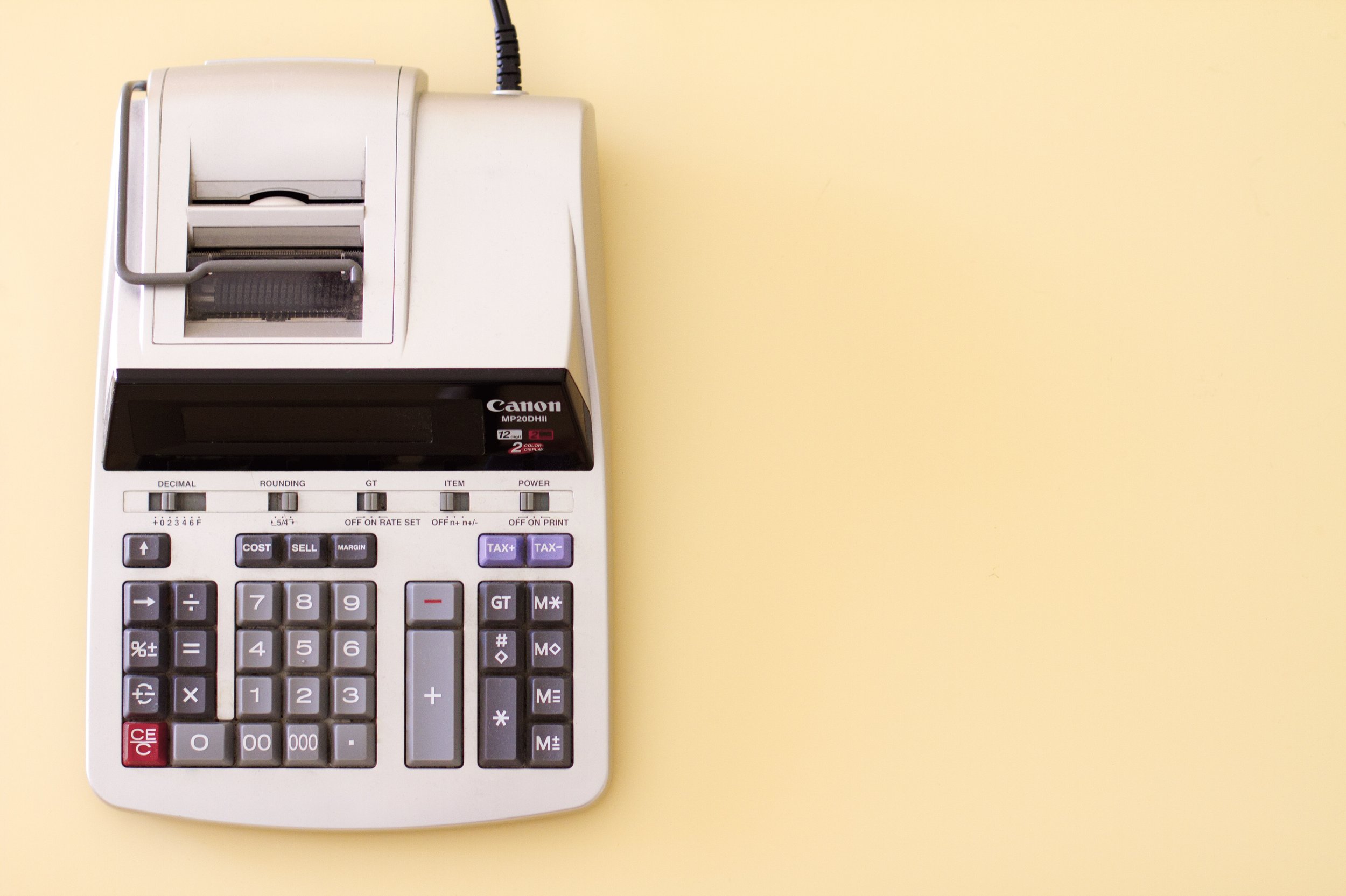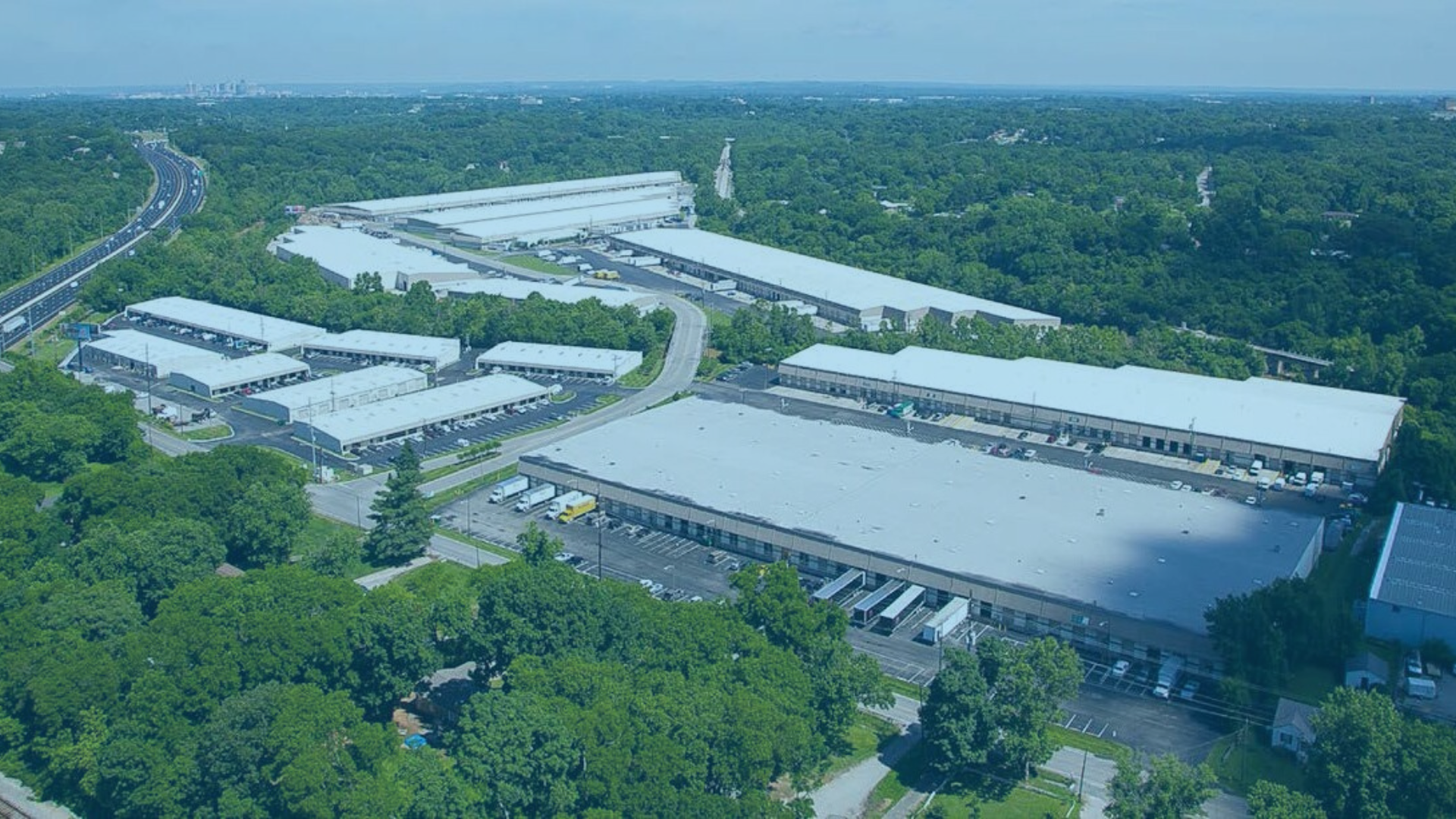Utilizing the “House Hacking” Method for Commercial Real Estate
While the method has been around for quite some time, house hacking rose to popularity as a real estate investing tool during the 2008 downturn.
Investors, looking to take advantage of better financing and better cash flow, started seeking duplexes, triplexes, and quadplexes to purchase as owner-occupied investments.
They would live in one unit and rent out to one or more tenants that would help cover the costs of owning the property.
However, the house hacking method isn’t just for residential real estate.
Commercial real estate investors can utilize this strategy to start building their portfolio of investments while their tenants cover the costs. Here’s how:
What is House Hacking?
House hacking is a real estate investment strategy that involves renting out portions of your primary residence in order to generate income to offset the costs, such as your mortgage and operating expenses, of owning the property.
When executed correctly, not only will it allow you to live in your property for free, you may also generate positive cash flow from your investment.
Not bad, right?
This investment strategy allows you to squeeze every bit of value possible out of your property, which will benefit you financially.
However, just like many other real estate investing strategies, house hacking has its downsides, too. If you’ve found an outstanding deal, the project may require a little more work on your part as the investor. Being one of the tenants on your investment property can also be uncomfortable for some landlords.
Those temporary discomforts are worth the benefits, though, which we’ll dive into here shortly.
Applying This Method to Commercial Real Estate
For most small businesses, your rent will be one of the largest liabilities on your balance sheet.
And if your lease is NNN, not only will you be covering the landlord’s mortgage payments, you’ll also be paying to maintain the common area and covering the property taxes & building insurance.
You might as well own the property - you’re essentially paying all the expenses already, anyway!
Yes, you will have to come out of pocket for a down payment on the property, but you will be building equity into a commercial real estate investment for yourself.
So, find yourself a building and some tenants.
Also - it’s worth noting that you don’t have to own a business for this method to work. I’ve had clients use this same strategy with hotels and multifamily properties where they live on-site and operate the investment.
You can utilize the “house hacking” strategy with almost any kind of commercial real estate:
Multifamily
Office
Retail
Industrial
Hospitality
And so much more - depending on how creative you get
When you purchase a building using this method, I highly recommend that you treat yourself and your business as two different entities. Most of our investors, including myself, will purchase the property in one entity and lease the space back to their business. Doing so will relieve the liability on the business and will give you tax benefits, which we’ll discuss later.
By “house hacking” a commercial property, you will be able to free up cash flow for saving, investing, or paying off your mortgage much faster.
Here are a few different ways you’ll free up your cash flow:
Lower monthly rent payments since tenants will be bearing the majority of expenses
Lower taxable income with more tax write offs
Positive cash flow from tenants’ rent, which you can reinvest into more property
And if you ever outgrow the space, it’ll always be there to provide you with rental income, too. Then move on to the next building and repeat the process!
Why “House Hack” Commercial Real Estate
We’ve already covered how “house hacking” commercial real estate can significantly lower your costs.
I touched on how you can start growing your investment portfolio, as well.
But there are many benefits to “house hacking” commercial real estate. Here are just a few:
Better Financing Terms
If you choose to take the owner-occupied financing route, you’ll find better terms from your lender.
To qualify for owner-occupied financing on commercial properties, most banks will require you to occupy at least 51% of the space. I’ve seen some lenders take as low as 30%, depending on the client’s relationship.
With owner-occupied terms, you’ll typically be able to benefit from a lower down payment (10% to 15%), have a lower interest rate, and longer amortization terms.
Banks are often willing to offer better financing terms for owner-occupied commercial real estate since it’s seen as less risky.
Cash Flow
Potential for cash flow from the investment is one of your primary benefits of “house hacking” commercial properties.
Not only will your tenants cover the expenses involved in owning and operating the property, you may be able to benefit from extra capital after everything is paid.
You can use this cash flow to offset your business’ cost of renting the space or take that capital and reinvest it into other properties or utilize it to pay down your loan faster.
Landlording Experience
Lenders like experience.
And if you’re looking to grow a portfolio of commercial real estate investments, you’ll probably be working closely with lenders so that you can utilize leverage to purchase more properties.
The investor’s experience is part of a lender’s risk profile when determining whether or not lending you money makes sense for them and their bank.
No better way to gain investment property experience than on a project that you occupy! You’ll be intimately involved in the day to day and will learn the ins and outs of leasing to potential tenants, managing the property, dealing with contractors, and producing financials.
Not only will this experience make your investments more successful, but it will also allow you to take down larger projects with the lender’s support.
tax benefits
Commercial real estate comes with many tax benefits.
Not only will your business be able to write off its rent payments, as the landlord, you will also be able to write off interest payments, any expenses related to maintaining or upgrading the property and structure, as well as depreciate the asset.
Of course, you’ll want to speak with your CPA before moving forward on any of these write-offs.
And if you decide to sell the property? You will be able to execute a 1031 exchange to defer any capital gains tax on the investment and place that capital into another project.
Passive Income
Your money works for you!
If done correctly, owning commercial real estate can generate passive income.
Whether you go to work tomorrow or take a vacation, those rent payments will keep coming through the door. Mailbox money.
Passive income is how you build true wealth through real estate, and you can use this “house hacking” strategy on commercial real estate to begin building up that portfolio so that you don’t have to work if you don’t want to.
Commercial real estate can be amazing for your retirement plan.
The Math Behind Commercial “House Hacking”
So, we’ve covered how this strategy can lower your expenses and help you build up your investment portfolio.
Let’s dive into an example of how your commercial “house hack” might work.
8,000 sq. ft. commercial space
$1,200,000 purchase price
$20.00 per sq. ft. NNN market rents
$3.00 per sq. ft. annual operating expenses (NNN pass-throughs)
4.5% interest rate
25-year amortization
15% down payment
To make things simple, let’s say you decide to owner-occupy 51% of the building so that you qualify for a 15% down payment. Your out of pocket expense for this project will be $180,000.
Your business will occupy 4,080 sq. ft. while you list 3,920 sq. ft. for rent at market rates of $20.00 per sq. ft. NNN (click here for an overview of the triple net NNN lease structure).
As I mentioned earlier, you will want your business to pay market rents because of the tax implications, so your gross revenues will be:
$160,000 Base Rent ($20.00 per sq. ft. x 8,000 sq. ft.)
$24,000 Additional Rent (this is your NNN pass-throughs)
$184,000 Total
So now that you have your estimated gross revenue, let’s look at your expenses:
$24,000 Operating Expenses (covered by your additional rent)
$4,080 Utilities (estimated at $1.00 per sq. ft. annually)
$68,028 Mortgage Payments
$95,948 Total
Now, this is a very simplified version of investment underwriting.
However, these numbers are close enough for the purposes of this example.
In this scenario, you’ve profited ~$88,000 on a property that you’ve commercially “house hacked.” With $180,000 down, that’s a 49% cash on cash return. Not bad!
However, some investors decide not to have their business pay them rent and instead opt to have the business just cover the remaining expenses on the property after they’ve collected rent from the tenants.
If that’s the case, the tenant will pay gross rents of $90,160 ($20.00 per sq. ft. plus $3.00 per sq. ft. in pass-through NNN expenses).
Your business would be responsible for paying the difference of $5,788 on 4,080 sq. ft., which brings your effective rent to $1.42 per sq. ft.
When you put numbers to paper, it’s pretty easy to see how “house hacking” commercial property not only makes sense for you as an investor, but also for your business.
Financing Options for Commercial “house Hacking”
When “house hacking” commercial real estate, you’ll have a number of finance options.
Here are a few of your options:
Conventional Loan
Conventional commercial real estate loans are best if you have cash to cover the down payment of around 20%. This type of loan will often have some of the lowest fees and fairly competitive rates.
However, conventional loans are one of your less flexible loan options, usually require a minimum of 20% down payment, and have shorter loan terms and fixed rate periods (often in the 5 to 7-year range).
SBA Loans
The SBA loans offer buyers a better option than conventional loans with respect to longer fixed rates and term lengths. This product will often be more flexible with lower rates than conventional loans.
SBA loans often have higher fees, lower down payment requirements (usually 10%), and stricter prepayment penalties than your other options. While they can be exhausting to qualify for since you have to jump through the SBA hoops, they do allow you to come out of pocket less on the front end.
Hard Money / Private Money Loan:
If you’re working on a tight timeline or don’t qualify for the other options above, a hard money or private money loan could be a strong option for you.
These loans are sourced from the private market, meaning a lender other than a financial institution. These loans are typically short-term with higher interest rates and the approvals are based more off the property or project rather than the borrower.
Hard money / private money loans are often referred to as “bridge loans” because investors will typically utilize them for the interim while negotiating a longer term conventional loan.
Common Objections and Challenges with Commercial “House Hacking”
When I pitch this investment strategy to clients, there are almost always a few objections.
In fact, I had some objections to it myself, before I ended up doing it with The Cauble Group’s office in East Nashville.
Here are a few of the common objections and challenges (and my responses) that you may face when you’re “house hacking” commercial real estate:
I don’t want to Rent Space next to my tenants
This objection is pretty reasonable.
Most individuals are not comfortable having personal and business relationships mix, which is often the case if you’re onsite with your tenants.
One upside here, though, is that you get to choose your tenants. Not only can you financially vet them to make sure they will have the means to pay rent each month, but you can also check character references to ensure that prospect is a tenant you’d like at your property.
Now, some may also see a tenant’s ability to just knock on your door with maintenance issues or rent concerns, but I see that actually being a positive. If you break down the barriers for tenants to report any issues with the buildings, they may not just “ignore” them.
You may find you actually enjoy getting to know your neighbors, too, and that it won’t be an awkward situation.
Won’t I be responsible for maintaining my property?
Well, yes and no.
Yes, it will ultimately fall on you to maintain the quality of the property, which means any issues that arise in your tenants’ spaces (depending on how your lease is structured) will become your responsibility.
Now, you could spend the time building up a solid vendor list of plumbers, electricians, handymen, etc., which is a good route to take if you eventually want to quit your day job and run property full time.
However, if you intend to continue focusing on your business, that’s a good reason to hire a property management company.
The property management company will not only keep you at arm’s length from your tenants when it comes to rent, they’ll take the overwhelming majority of the day to day decision-making off your hands.
I can’t find a good deal
Finding investment deals that work for you can be challenging. Especially in commercial real estate.
In fact, it’s not uncommon to look at 100 different properties just to find one that would not only fit your investment criteria, but would also make a suitable home for your business.
Put your broker to work. Get out there and hit the streets yourself. There are many different ways for you to go about finding a deal that suits your needs.
And in truth? Every real estate market is different. If you live in California, you may not be able to produce cash flow from your investment property, but chances are good you can still reduce your cost of living (or business operating, rather).
Get out there and turn over those stones. You’ll find the gem eventually.
And it will be worth it.
What if I have Any Issues with The Tenants?
Even if you vet your tenants correctly, there’s always a chance something could go wrong.
They lose a major customer. Their business model changes. They can’t pay rent.
These issues are why I appreciate having a property manager between me and the tenants at my properties. They will handle all of these issues without my involvement.
Of course, it usually makes sense to work with a tenant to figure out how you can get through any situation together, but that isn’t always the case. If you have to enforce some aspect of your lease or, worse, evict the tenant, the property manager will take care of everything.
Take advantage of those services and let them work on your property while you work on your business.
One Final Thought…
If feasible, you should occupy the least desirable space.
When “house hacking” commercial real estate, those least desirable spaces on the property will be among the most difficult to rent to potential tenants.
By occupying the least desirable space, you will make it much easier on yourself and your cash flow in the long run.
Happy hacking!
Share This Article:
About The Author:
Tyler Cauble, Founder & President of The Cauble Group, is a commercial real estate broker and investor based in East Nashville. He’s the best selling author of Open for Business: The Insider’s Guide to Leasing Commercial Real Estate and has focused his career on serving commercial real estate investors as a board member for the Real Estate Investors of Nashville. Learn more at www.TylerCauble.com




















If you're serious about real estate investing, it's time to look beyond those quaint single-family homes.
Bold statement? Absolutely. But stick with me here.
Now, don't get me wrong. Investing in a single-family home beats twiddling your thumbs on the sidelines of the real estate game. And yes, I'll even go out on a limb and say that residential real estate still outshines many other investment vehicles out there.
But that's not why we're here today, is it?
I'm about to lay out five reasons why commercial real estate should be your go-to play.